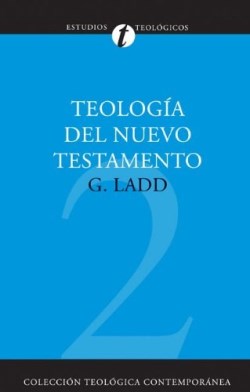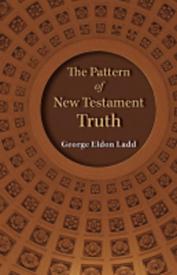George Ladd
Showing all 3 results
-
Last Things A Print On Demand Title
$17.99Add to cartScriptural prophecies about the end times have been the subject of a great number of books. Many of them, however, are popularized accounts containing little thoughtful biblical scholarship. Yet the serious studies available are often too difficult for the average reader to understand. George Eldon Ladd has endeavored to rectify this situation with a serious discussion of eschatology written for the layperson.
Two radically different interpretations of the relationship between the prophecies of the Old and New Testaments have been offered. One view sees separate programs for Israel and the Christian church, while the other recognizes progressive revelation and a unity of the Testaments.
Professor Ladd holds the latter position, basing his doctrine of the last things on the conviction that “our final word . . . is to be found in the New Testament reinterpretation of Old Testament prophecy.” Only as the prophecies are seen in the light of God’s revelation through Christ can we clearly comprehend what they mean in relation to the end times.
-
Pattern Of New Testament Truth A Print On Demand Title
$19.99Add to cartGeorge Eldon Ladd here addresses the problem of differences and similarities in the theologies of the New Testament writers, and seeks to show in this examination what he calls “the pattern of New Testament truth.”
The author argues against an overemphasis on Gnosticism in the study of the background of the New Testament. Ladd then goes on to consider a philosophical movement, prevalent during the first century, about which much more is known – Greek dualism, especially as expressed by Plato, Plutarch, and Philo. He points out the differences between Greek and New Testament thought, and goes on to contrast the Greek view of reality with that of the Hebrews, which he concludes to be essentially that of the New Testament. / The unity of the New Testament, Ladd believes, is to be found in the Heilgeschichte, the record of the historical dealings of God with man. The diversity between the Synoptics (Mathew, Mark, and Luke), John, and Paul is a result of different perspectives from which this redemptive event of God is interpreted. A chapter is devoted to each of these viewpoints, giving a detailed analysis of the unity and diversity that manifests itself, and demonstrating that differences are a matter of separate strata or levels of theology rather than of conflicting suppositions.



